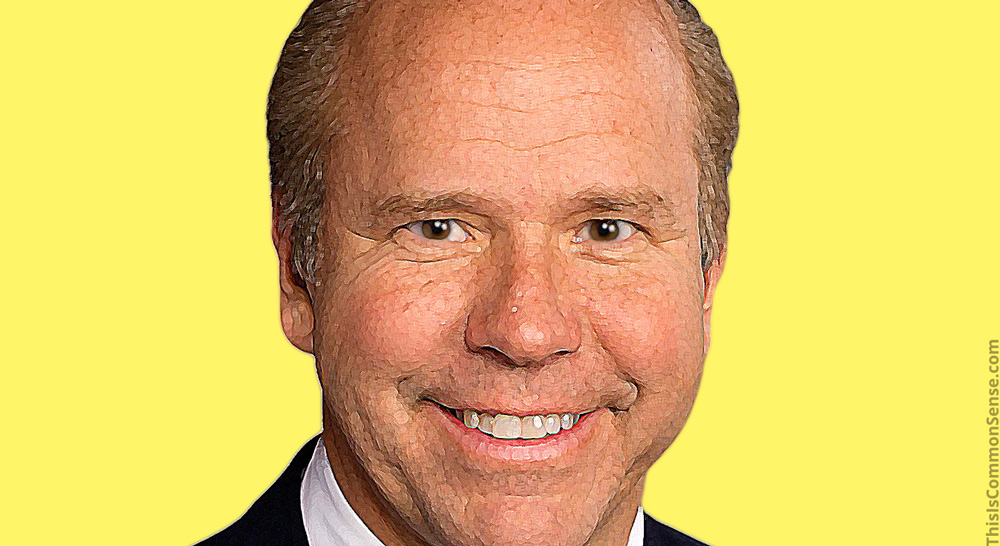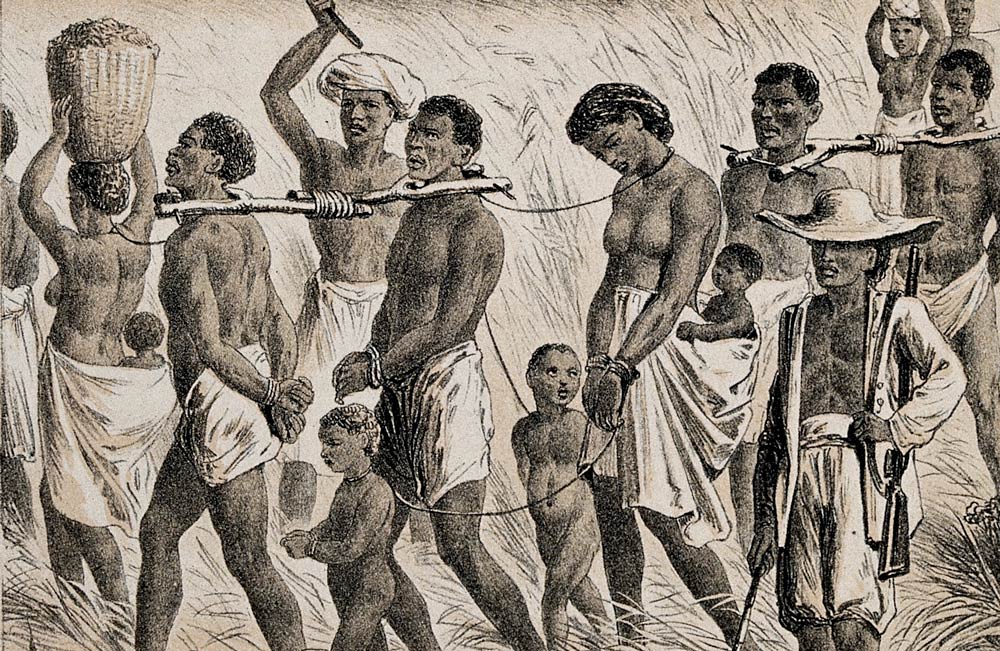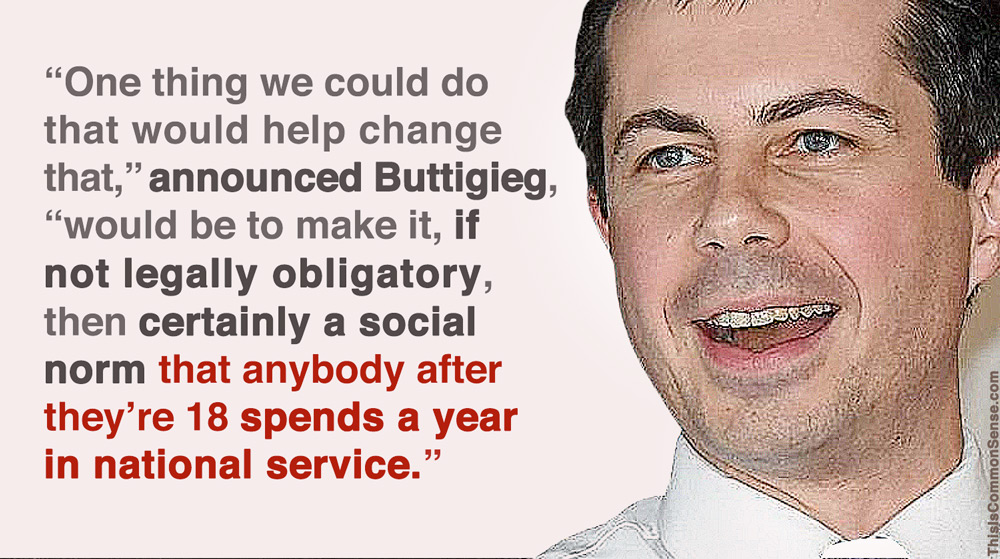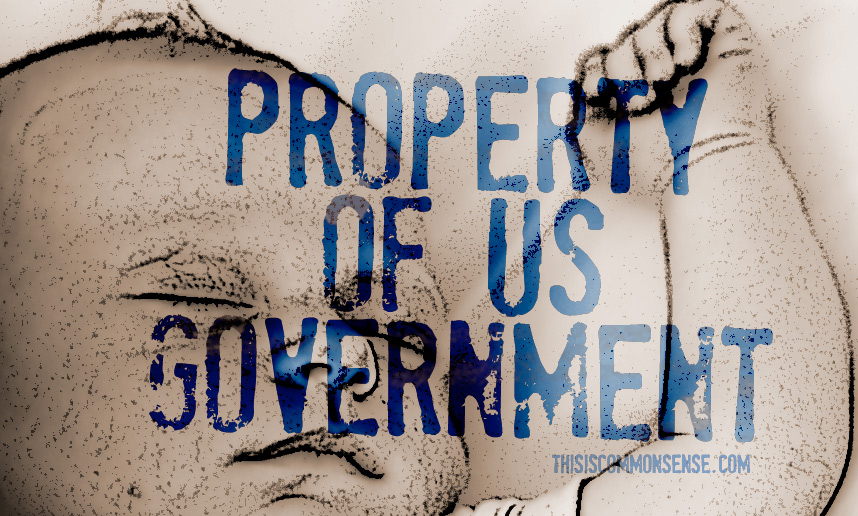“It’s time to bring the country together,” says Rep. John Delaney (D‑Maryland), aspiring to be our next commandeer-in-chief, “restore our sense of shared purpose and a common and inclusive national destiny.”
How?
Forcibly: “John Delaney’s Plan for National Service” states that “Every American will complete a minimum of one year and a maximum of two years of mandatory national service when they graduate high school, or turn 18.”
Delaney joins other glassy-eyed statists in hallucinating that “mandating national service” will “build a future where young people begin their adult lives serving their country and working alongside people from different backgrounds.”
That is, he explains, “Where people … who grew up in the suburbs, in farm towns, in coal country, in urban communities get to know each other, get to learn from each other, and get to see firsthand that we still have a lot in common.”
Except that young people won’t “get to,” they’ll “have to.”
As a Delaney news release emphatically emphasizes about his forced national conscription: “No exceptions.”
If you’re a LeBron James type NBA prospect, forget that multi-million dollar contract for a year or two. You have streets to sweep.
If you’re pregnant? Have a terminal disease? This time isn’t yours but the government’s.
And why is it always young people who “get to” be shanghaied?
Never the politicians.
No matter how many fifty-something politicians such as Delaney find their fellow middle-aged cohort to be disunited and non-cohesive, no one ever suggests that his own age group — that he himself — be enslaved into government service.
For their own good, of course.
And the nation’s destiny.
This is Common Sense. I’m Paul Jacob.

—
See all recent commentary
(simplified and organized)










